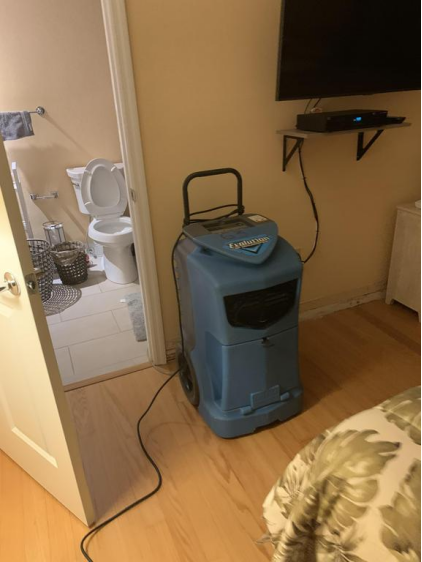
Central Florida is no stranger to powerful storms. From hurricanes to sudden thunderstorms, these events can leave a trail of destruction in their wake. The expected number of storms that are expected to hit Florida in 2024 is 20.
As Orlando residents, we all know the importance of being prepared, but what happens when a storm strikes and leaves your home damaged?
In the aftermath of a storm, navigating the recovery process can feel overwhelming. This guide provides Orlando residents with the essential information needed to tackle storm damage recovery swiftly and efficiently. We'll cover crucial safety precautions, comprehensive documentation procedures, and valuable insights on navigating insurance claims.
Safety First: Protecting Yourself and Your Property
Before diving into repairs, ensuring your safety and the safety of your loved ones is paramount. Here are some key safety measures to prioritize:
· Downed Power Lines: Treat all downed power lines as live. Never attempt to touch them or move objects in contact with them. Immediately contact the Orlando Utilities Commission (OUC) at 407-423-9018 to report downed lines.
· Structural Damage: If your home has sustained structural damage, such as a cracked foundation, a gaping hole in the roof, or leaning walls, it's crucial to evacuate the premises. Contact emergency services at 911 and seek temporary shelter with friends and family or at a designated Red Cross shelter.
· Gas Leaks: A strong storm can disrupt gas lines. Be alert for the smell of rotten eggs, which could indicate a gas leak. If you suspect a leak, evacuate the premises immediately and call 911 from a safe location.
· Standing Water: Standing water can pose a variety of hazards, including electrical currents from downed power lines and the growth of mold. Avoid wading through standing water unless absolutely necessary. Wear proper footwear if you must venture through it.
Documenting the Damage: Creating a Clear Record
Once the immediate danger has subsided, it's time to start documenting the damage. Thorough documentation will be invaluable when filing insurance claims and ensuring you receive the proper compensation for repairs. Here are some steps to follow:
· Take Photos and Videos: Start by capturing the exterior and interior of your property with photos and videos. Document all visible damage, including roof damage, siding issues, broken windows, water damage, and damaged personal belongings.
· Create a Detailed Inventory: Make a detailed list of all damaged personal belongings. Include descriptions, purchase dates (if possible), and estimated replacement costs.
· Contact Your Insurance Company: As soon as possible, contact your insurance company to report the damage. They will guide you through the claims process and assign an adjuster to assess the damage.
· Keep Receipts: Retain all receipts related to storm damage repairs. This includes temporary housing expenses, tree removal services, and any materials purchased for repairs.
Understanding Your Insurance Coverage: Maximizing Your Claim
Navigating insurance claims can be a complex process. Familiarizing yourself with your policy beforehand will empower you to make informed decisions and maximize your claim payout.
· Review Your Policy: Take some time to review your homeowner's insurance policy thoroughly. Pay close attention to your coverage limits for wind damage, hail damage, water damage, and additional living expenses (ALE) in case you require temporary housing.
· Filing the Claim: File your insurance claim as soon as possible following the storm. This allows your adjuster to inspect the damage while it's still fresh.
· The Adjuster's Visit: Be present when the adjuster comes to assess the damage. Provide them with your detailed inventory and documentation. Don't hesitate to ask questions and clarify any uncertainties about the coverage process.
· Negotiating the Settlement: The insurance adjuster will present a settlement offer. Don't feel pressured to accept their initial offer. Review the details carefully and consider negotiating if you believe the offer is insufficient to cover the full cost of repairs.
· Public Adjuster: If you're unhappy with the initial settlement offer, consider consulting a licensed public adjuster. Public adjusters specialize in advocating for policyholders during the claims process and can help ensure you receive a fair settlement.
Storm Damage Recovery: A Step-by-Step Guide
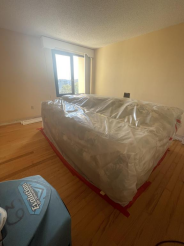
Following a storm, it's crucial to take swift action to minimize further damage and begin the recovery process. Here's a breakdown of the key steps to take:
· Secure Your Property: Board up broken windows to prevent further weather damage and deter theft. If your roof has sustained damage, tarp it as soon as possible to prevent water infiltration.
· Mitigate Water Damage: If your home has suffered water damage, act quickly to prevent mold growth. Turn off the main water supply if possible. Open windows and doors to promote ventilation and drying. Extract standing water using a wet/dry vacuum or towels. For extensive water damage, consider contacting a professional water damage restoration company like Flood Pros USA for swift flood damage recovery in Orlando.
· Contact a Licensed Contractor: Once you've secured your property and mitigated any immediate threats, it's time to locate a licensed and insured contractor to handle the repairs. Get quotes from multiple contractors and compare their estimates before making a decision. Look for contractors who specialize in storm damage repairs and have a proven track record in the Orlando area.
· Building Permits: Depending on the extent of the damage, you may need to obtain building permits before repairs can begin. Contact the Orange County Permits Division to inquire about permit requirements.
· Roof Repairs: Address any roof damage as a priority. A compromised roof leaves your home vulnerable to further water damage.
· Electrical System: Have a qualified electrician inspect your home's electrical system to ensure it's safe after the storm.
· Mold Remediation: If your home has experienced water damage, be vigilant for mold growth. Mold can pose serious health risks. If you suspect mold growth, contact a professional mold remediation company to safely and effectively remove it.
Peace of Mind After the Storm: Flood Pros USA
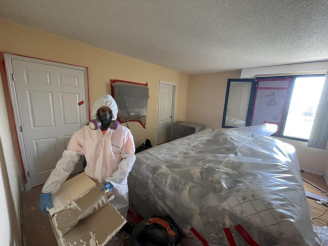
Recovering from storm damage can be a stressful and overwhelming experience. Flood Pros USA understands the challenges Orlando residents face in the aftermath of a storm. Our team of certified professionals is here to help you navigate the recovery process with expertise and compassion.
We offer comprehensive water damage repairs in Orlando, FL, including water extraction, drying, dehumidification, and structural repairs. Our technicians are equipped with the latest technology and training to handle water damage restoration projects of all sizes.
Don't navigate storm damage recovery alone. Contact Flood Pros USA today at (770) 242-3916 for a consultation. Let our experienced team guide you through the recovery process and help you restore your home to its pre-storm condition.
Tags
Subscribe to Flood Pros USA's Blog

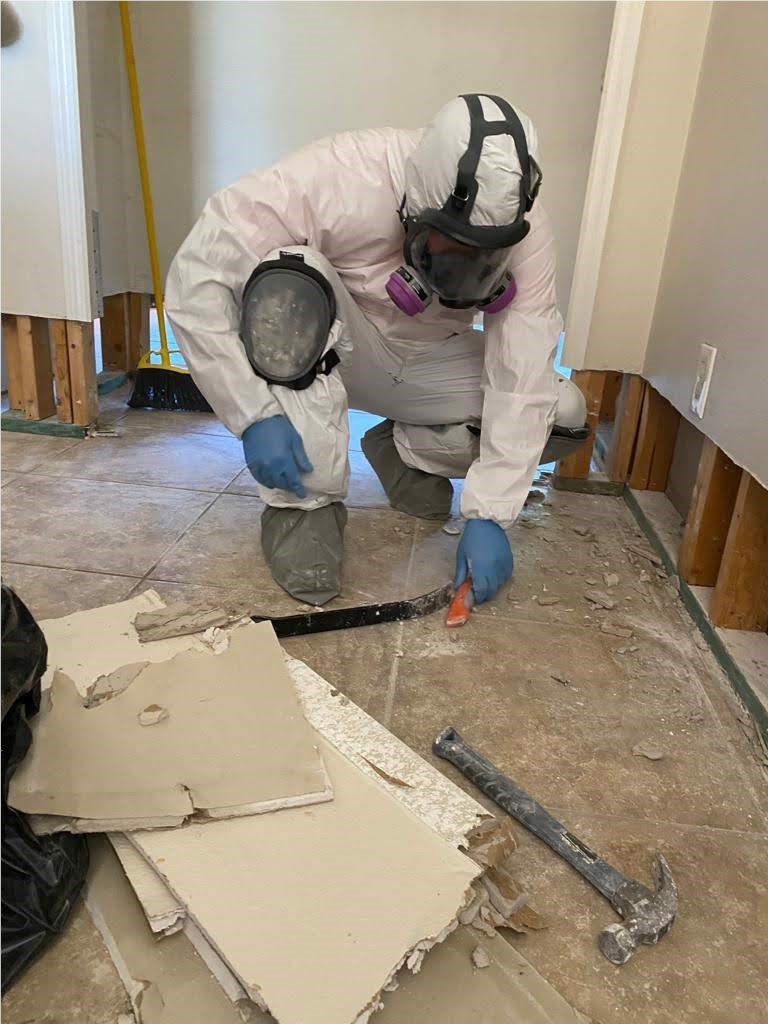
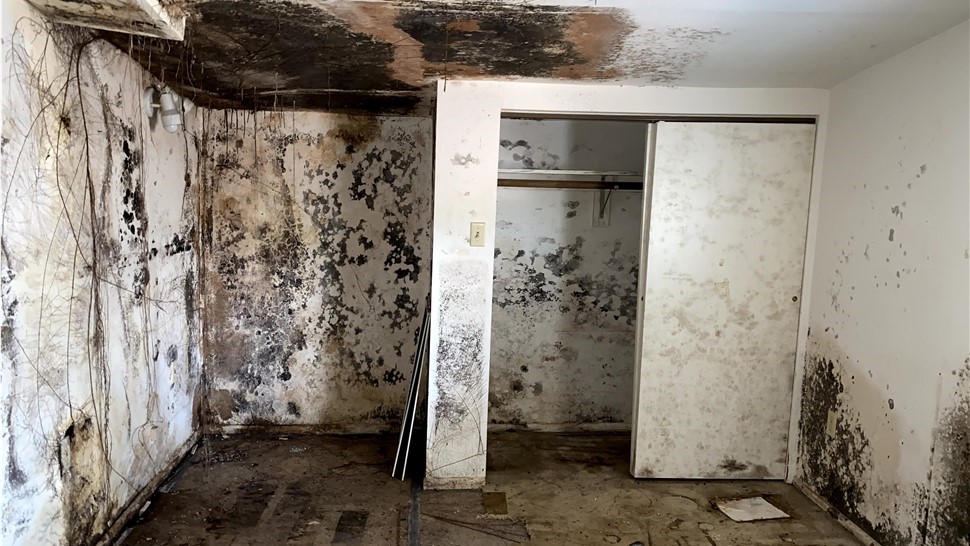
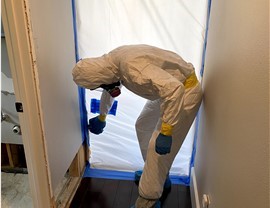
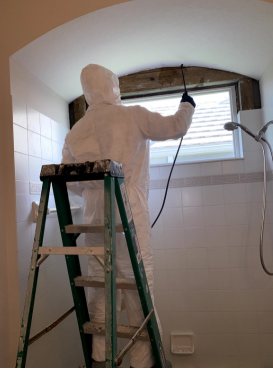
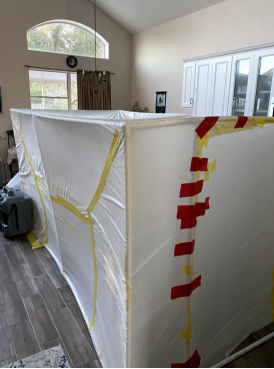

Comments